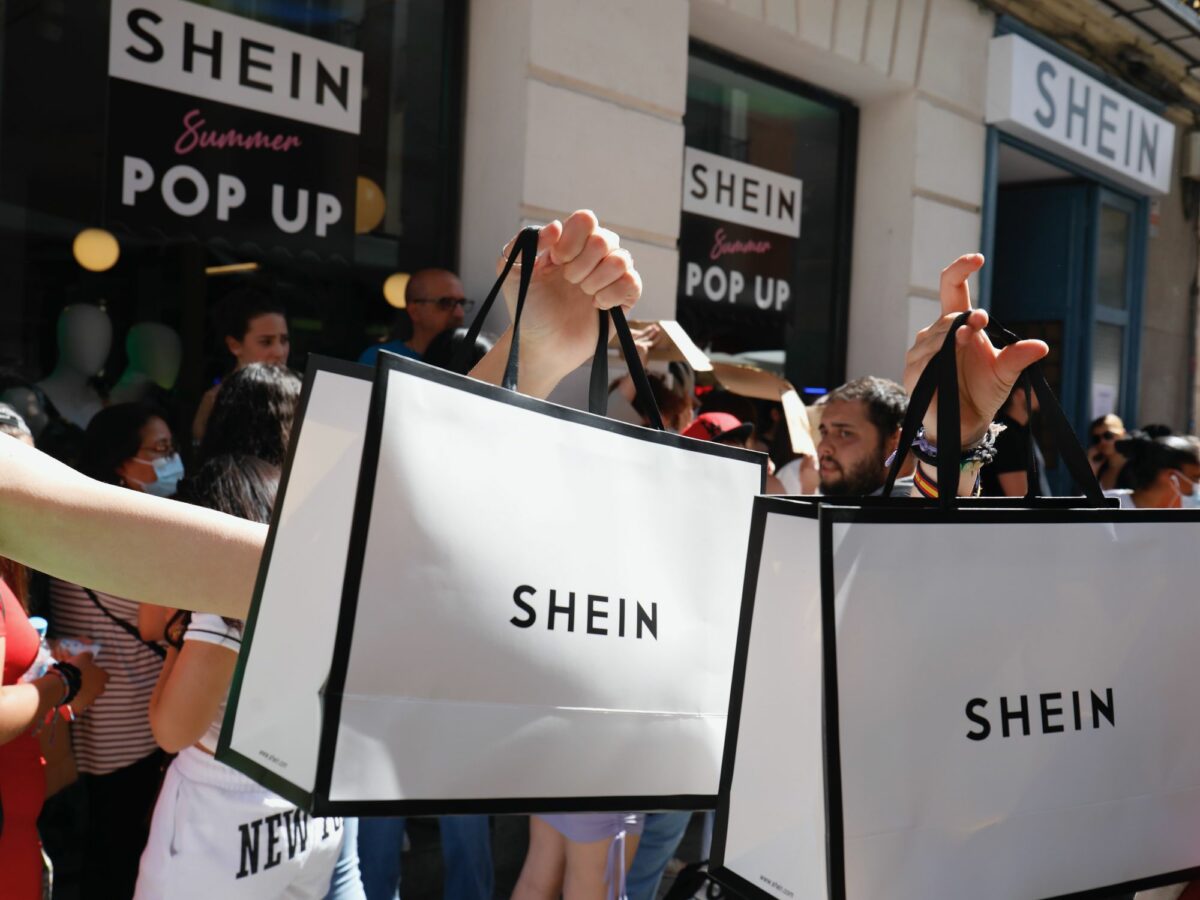Fast-fashion retailer Shein has significantly raised prices across its U.S. platform, marking one of the first visible effects of upcoming U.S. tariffs on small packages from China and Hong Kong.
The changes come ahead of Washington’s plan to eliminate the “de minimis” exemption, a rule that has allowed goods under $800 to enter the U.S. without incurring customs duties or tariffs.
With that exemption ending, e-commerce platforms like Shein and its rival Temu now face a 120% tariff on many of their Chinese imports.
Price Increases Hit U.S. Consumers First
According to data from Bloomberg, Shein hiked prices on its U.S. site between April 24 and 26 by an average of 10%, with some product categories seeing even sharper jumps. Beauty and health items saw a staggering 51% increase, while home, kitchen, and toy products rose over 30%. A 10-piece kitchen towel set, for instance, surged by 377%. Women’s clothing prices rose more modestly, by around 8%.
In comparison, prices on Shein’s U.K. site remained largely unchanged during the same period, and no products were delisted, unlike in the U.S., where 7 out of 50 sample items disappeared from the platform.
Why Are These Prices Rising?
The spike is directly linked to the upcoming changes in U.S. trade policy:
End of De Minimis Rule: Chinese exporters previously avoided tariffs by keeping shipments under the $800 threshold. That loophole is closing.
Higher Postal Fees: Starting May 2, an additional $100 per package fee will be charged, increasing further after June 1.
These shifts are part of broader U.S. efforts to rebalance trade relationships and crack down on low-cost imports flooding the market.
Chinese Retailers Adjust Strategy
In anticipation of the policy changes, the report added that Shein and Temu have started adjusting operations. Shein reportedly encouraged some Chinese suppliers to move production to Vietnam. Temu, meanwhile, is exploring a “half-custody” logistics model, where Chinese factories bulk ship directly to U.S. warehouses.
Both companies saw a spike in sales in March and early April, as American consumers rushed to stock up on products before prices went up.
Political Context
The timing of these price hikes clashes with recent political messaging. Former President Donald Trump stated on April 21 that “there is virtually no inflation,” citing lower energy and grocery prices. However, rising costs from Shein and other platforms suggest import-related inflation could still hit consumer wallets.
What’s Next?
With higher tariffs and fees just around the corner, shoppers may continue to see rising prices on affordable online goods, from fashion to household essentials. Experts suggest that this could be just the beginning of a broader shift in online shopping costs for U.S. consumers.





